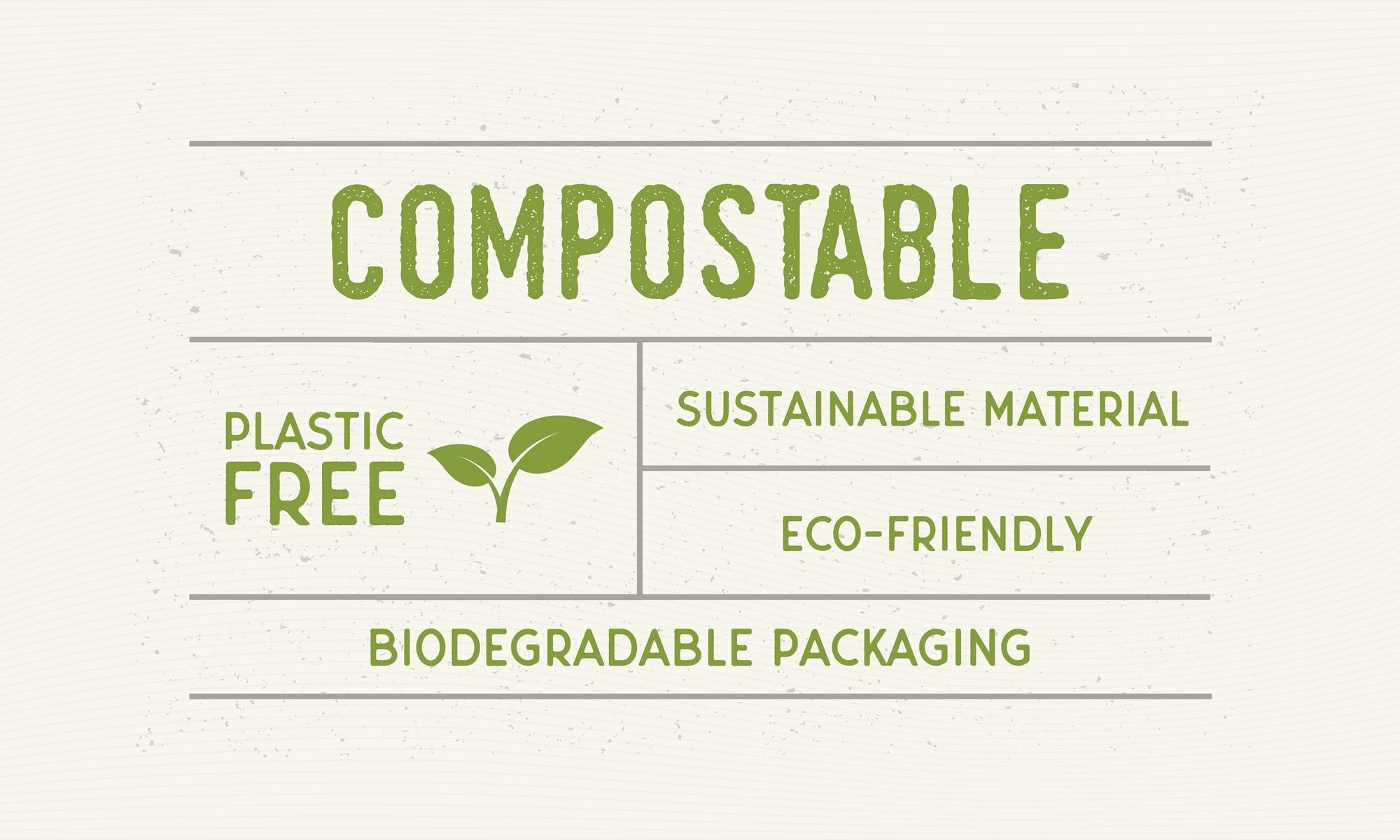
🤩 Forget the PET bottle - time to make room for the plant-based material PEF
A new, plant-based packaging material will be able to replace plastic packaging in the food industry. It aims to be delivered to stores by as early as 2023.
Share this story!
In the future, oil-based plastics can be replaced by plant-based materials. Why then continue to produce globally three hundred million tonnes of plastic every year? That's 300,000,000 tonnes…
A Dutch company named Avantium is currently developing a new packaging material. They work together with some of the largest beverage and food producers (Coca Cola, Dannon, etc.) within the framework of an EU project called PEFerence .
The new material is based on sugar molecules - a different kind of polymer than those originating from an oil-based plastic production. The solution covers the inside of a cardboard package with a thin layer of PEF. For example, the packaging for a yogurt from Dannon, would avoid oil-based plastic. The material is intended to be recycled but can also be degraded in one year in a compost environment.
The project keeps pace, despite COVID-19, with a sense of urgency. Microplastics make it into the environment in a way that is both upsetting and unsustainable .
The aim is to deliver the first packaging to stores as early as 2023.
Initially, a planned test facility will produce five thousand tonnes per year, with materials extracted from corn, wheat and beets. As demand increases, production will grow.

It's predicted that the manufacturers who opt in will win customers' trust - without advertising campaigns. Carlsberg is already working on using (degradable) glue to hold cans together, so that packaging materials of plastic and cardboard are not released. The company is also looking at a solution that utilizes PEF for new beer packaging.
Make the future come sooner!